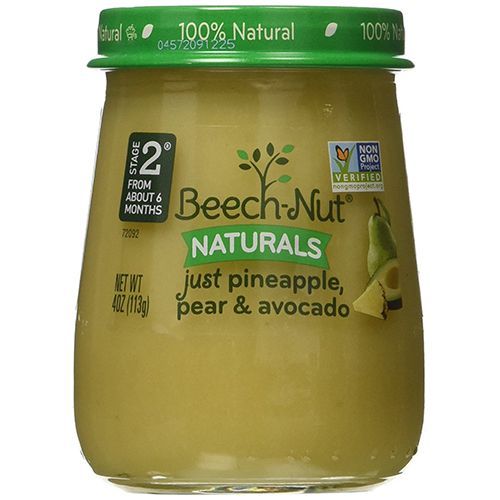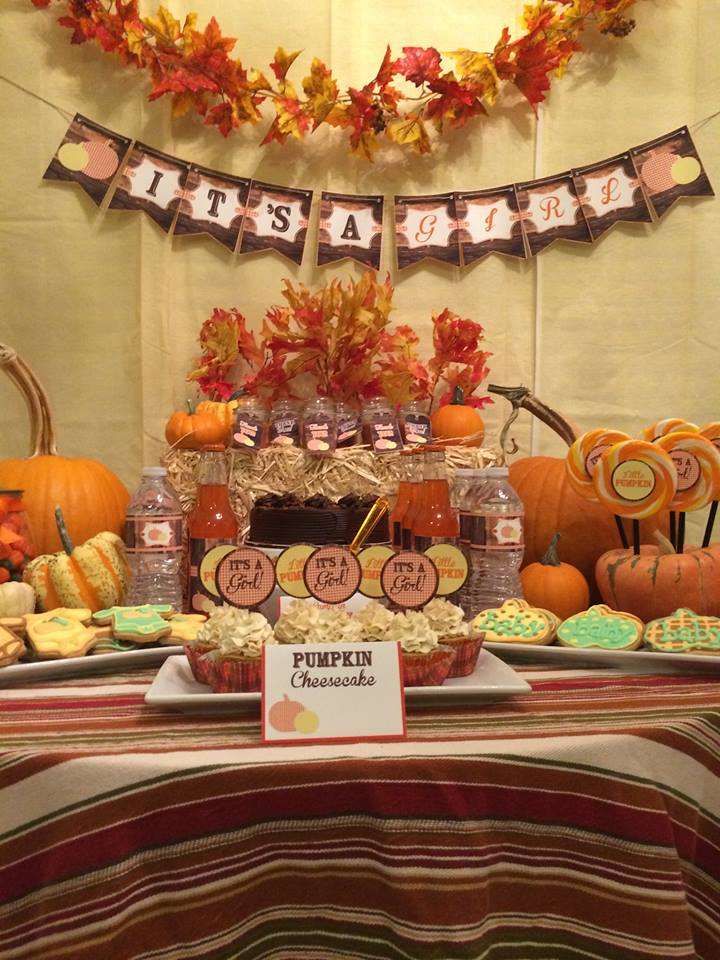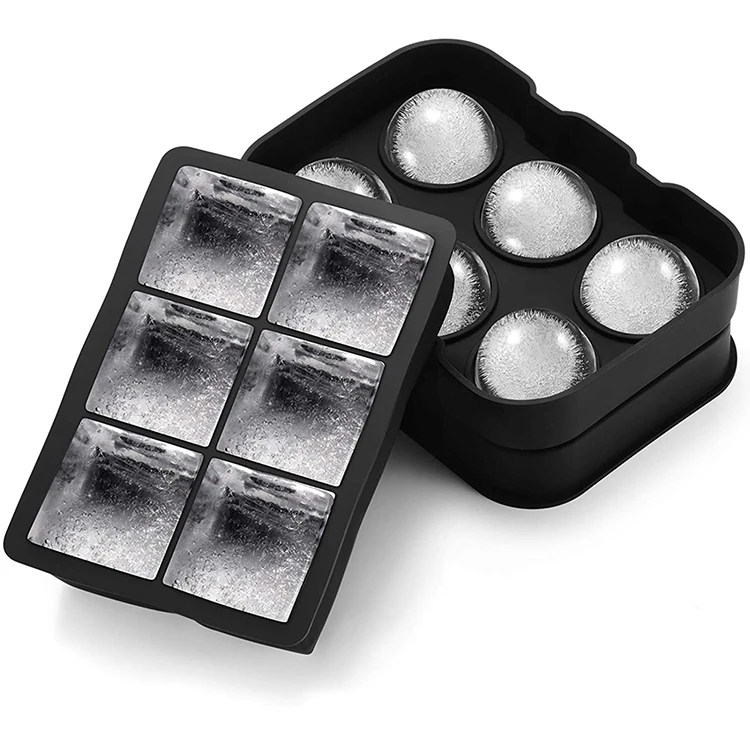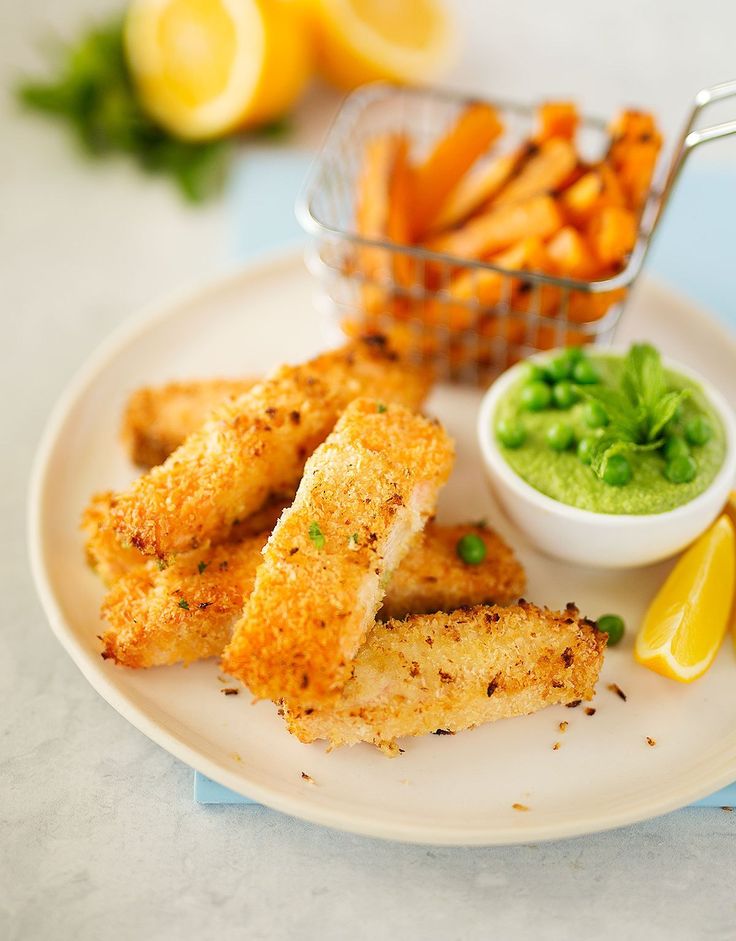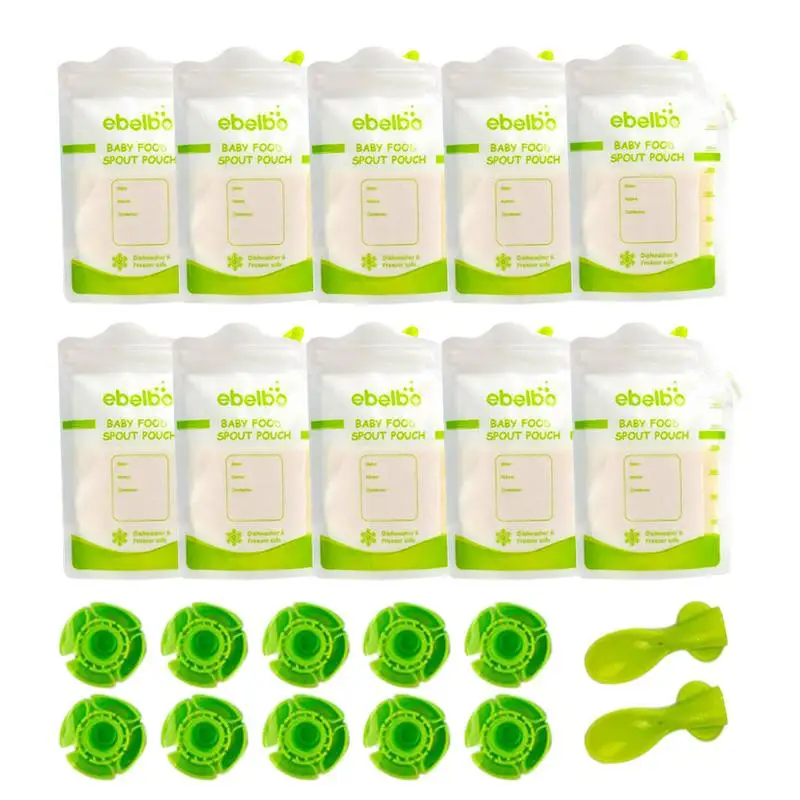Best stage 1 baby food for constipation
6 Baby Foods to Help Relieve Constipation
Home » Feeding Style » Baby Food Purees » Stage Two » 6 Baby Foods to Help Relieve Constipation
These 6 Baby Food Purees Will Help Relieve Baby’s Constipation with no fuss from your little one. You can serve these purees when your baby is backed up or 2-3 times a week to keep things moving on the regular. Great for babies 6-12 months.
How to Relieve Baby’s ConstipationWhen you first start introducing purees, or when you introduce a new food, to your baby it is completely normal for them to get a little bit backed up. Your baby’s delicate digestive tract needs a little time to process all the new nutrients, fiber, and probiotics that you are giving it.
This is completely normal, so you don’t have to do into panic mode.
While I love and completely trust the Constipation Cure Puree recipe below to do its’ job, let me warn you that this puree is not for the weak of heart. It will definitely get things going and while you will love me for that, you might also curse me when it’s time to change your baby’s diaper.
What all of the 6 purees below have in common, is that they all have produce that starts with the letter ‘P’ in them – prunes, peaches, peas, plums and pears. ‘P’ produce helps get things moving down there all while tasting delicious so your baby will eat them. If you want, you can also add in a pinch of fresh ginger to any of the recipes below. Ginger is great for helping aid in digestion, calming an upset stomach and easing discomfort associated with constipation.
Signs of Constipation in Baby- your baby’s stool is hard and dry
- your baby cries when going poo
- baby is unwilling to feed and is generally unhappy
- your baby’s stomach is hard when you gently press down on it
- your baby’s stool has blood in or on it
- Stop serving foods that can cause constipation (potatoes, cheese, bananas, rice cereal, pasta) and start serving purees loaded with fiber.

- Serve purees with produce starting with ‘P’ – prunes, peaches, pears, peas and plums. These P produce help relieve constipation in baby and aid in baby’s digestive tract (see recipes below).
- Start to re-introduce purees that are easy to digest, such as avocado and sweet potato purees.
- If baby is older then 9 months, you can sprinkle a small pinch of ground flaxseed into any puree or finger food.
- Make sure baby is getting enough water in during the day. Aim for 2-4 ounces in the morning and in the evening. This is in addition to the breast milk, formula or milk (for toddlers) you are already giving them.
- Give your little one a warm bath to help them relax their digestion organs.
- Start doing baby tummy exercises to get things moving. Place baby on their back and taking both legs in your hands, bend their legs towards their belly button and make a circle with their knees in a clockwise direction. You can also gently press on their tummies about 2 inches away from their belly button starting at the 9’oclock direction and moving to the 3’oclock direction.
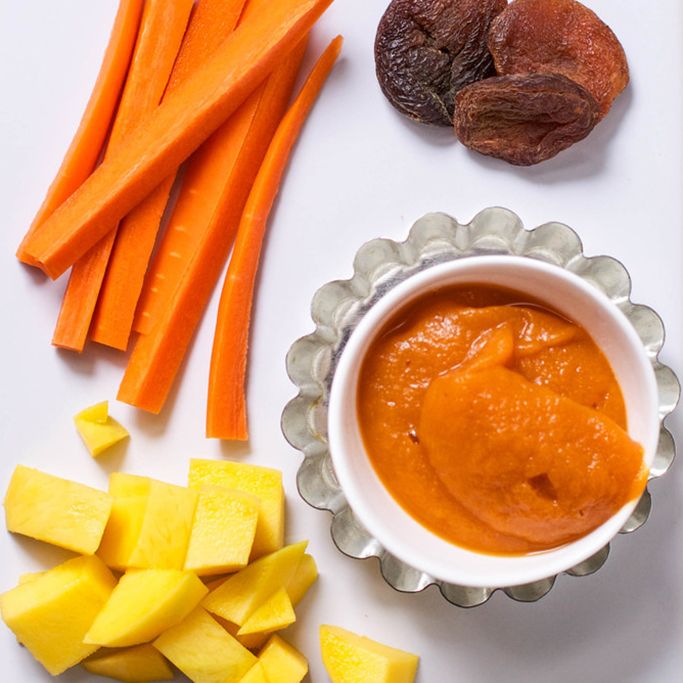 You will want to gently press down roughly 1 inch into their stomachs. Repeat both exercises around 10 times each.
You will want to gently press down roughly 1 inch into their stomachs. Repeat both exercises around 10 times each.
This is the puree I would always turn to when my baby was constipated. It will definitely do the job, so don’t go too overboard when serving this, a little goes a long way. Just a warning;)
This is a great puree filled with fruits and veggies that will help relieve your baby’s constipation. If you want an even stronger constipation puree, you can substitute the fennel for two roughly chopped pears.
This puree is probably one of my all-time favorite purees because it just tastes so dang good and any baby will happily gobble it up. You can also substitute prunes for the dried dates, if you are so inclined.
This simple pear puree is great for mild cases of constipation. You can add in 1/4 – 1/2 tsp of fresh ginger to help ease digestion pain.
Pear Baby Puree (Stage One)
5 stars (19 ratings)
This smooth and creamy homemade Pear Baby Puree is a wonderful first puree for baby – easy on the taste buds and great for their growing bodies!
Get the recipe
You can use frozen chopped pumpkin if fresh is not an option or you can use organic canned pumpkin puree if neither is available.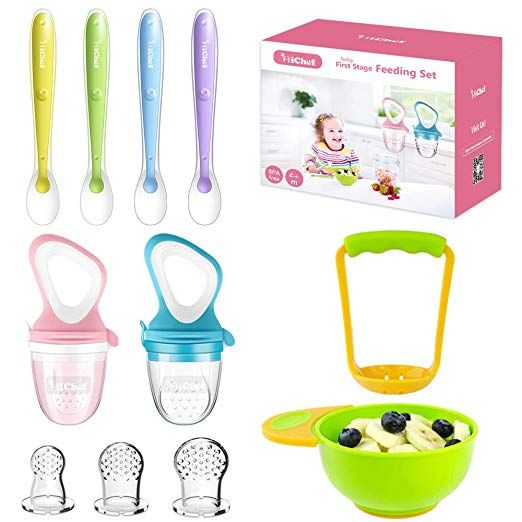
Pumpkin, Yogurt + Prune Baby Food Puree
5 stars (6 ratings)
A fun seasonal baby food puree that takes only 15 minutes to make and is packed with vitamin A, beta carotene, potassium, protein and iron just from the pumpkin.
Get the recipe
This puree is loaded with so many nutrients that you should probably just serve this to your baby at least once a day anyway. Bonus, that it helps with constipation and digestive issues.
5-Minute Pear + Blueberry Baby Puree
4.88 stars (16 ratings)
This 5-Minute Pear + Blueberry Baby Food recipe is a simple and delicious baby food puree filled with fiber, antioxidants, folate and potassium for the win!
Get the recipe
More Purees to Relieve ConstipationLooking for even more purees to relieve your baby’s constipation, then check out these purees.
- No-Cook Banana Peach Baby Food Puree (use spotted bananas)
- Peach + Vanilla Baby Food
- Banana, Pear + Ginger Baby Food Puree
- Pea Baby Puree
Pears + Prums + Cloves Baby Food Puree
- 2 pears, cored and roughly chopped
- 4 dried prunes, pitted
- 1 cup hot water
- pinch cloves
Fennel, Peach + Pea Baby Food Puree
- 1 fennel bulb
- 2 cups peaches, fresh or frozen, pitted and sliced
- 1 cup peas, fresh or frozen
Roasted Pear + Date Baby Food Puree
- 3 pears, peeled, cored and roughly chopped
- 5 dried dates, pitted
- 1 orange, juiced
Pear Baby Food Puree
- 6 pears
- 1/8 tsp cardamon or fresh ginger (optional)
Pumpkin, Yogurt + Prune Baby Food Puree
- 1/2 small pie pumpkin (roughly 3 cups), peeled and roughly chopped
- 1/2 cup full-fat plain yogurt
- 3 dried prunes, pitted
5-Minute Pear + Blueberry Baby Puree
- 2 cups pear, chopped (roughly 2 pears)
- 1 cup blueberries
Pears + Prums + Cloves Baby Food Puree
Fill a medium saucepan with 2 inches of water, and bring to a boil over medium heat.
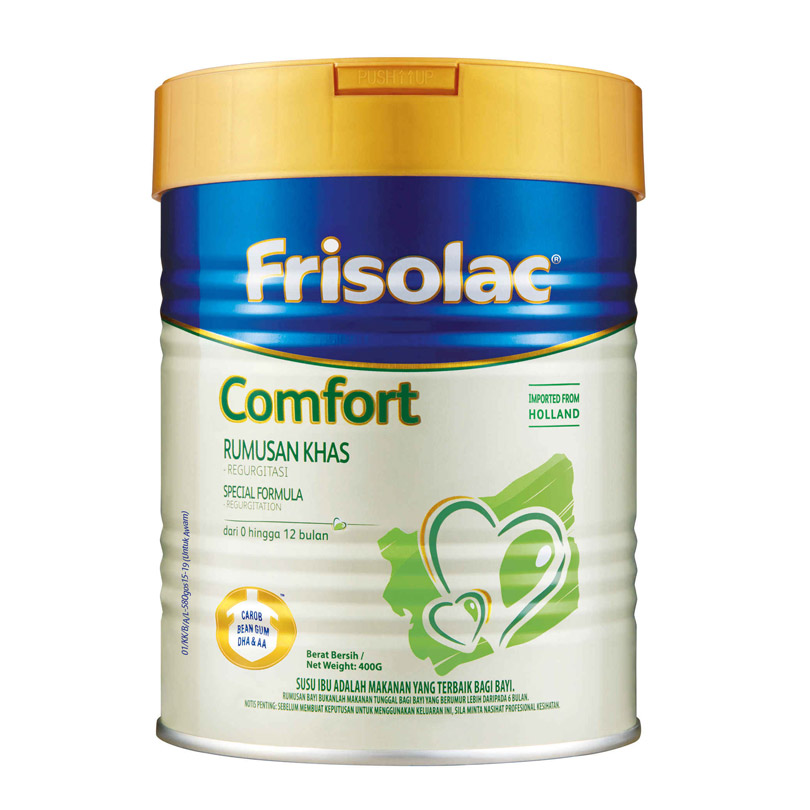
Place the pears in a steamer basket over the boiling water, cover and cook for 8-10 minutes or until tender. Let cool slightly. Reserve steamer water.
Meanwhile, in a small bowl, place the prunes and hot water, and let sit for 10 minutes. Drain.
Add the pears, prunes and cloves into blender or food processor and puree until smooth, adding reserved water in 1/4 cup increments, if needed.
Fennel, Peach + Pea Baby Food Puree
Roasted Pear + Date Baby Food Puree
Preheat oven to 425 degrees F. Line a baking sheet with parchment paper or a silicone mat.
Place pears on the baking sheet, put into the oven and roast for 25-30 minutes. Let cool slightly.
Meanwhile, place the dates in a small bowl and cover with hot water, let sit for 10 minutes.
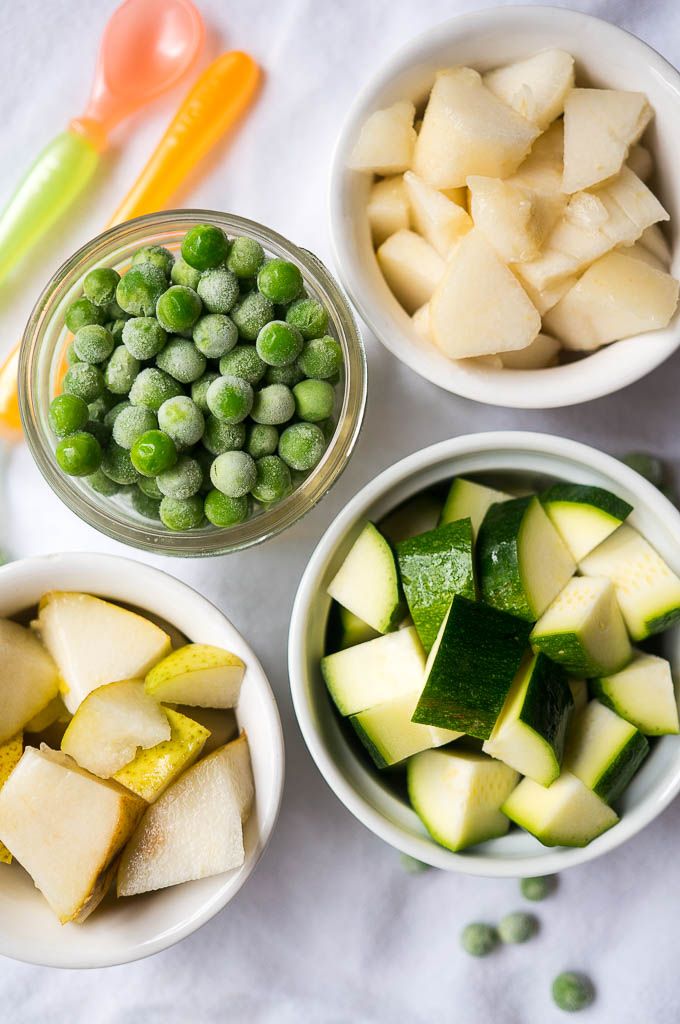 Drain.
Drain. Transfer the pears and dates to a blender or food processor. Add in the orange juice. For a Stage 2 Puree – puree for 1-2 minutes or until completely smooth, adding in water in tbsp increments if needed. For a Stage 3 Puree – pulse in 10-second increments until ingredients are completely mixed together yet still chunky. Serve warm for an extra special treat.
Pear Baby Food Puree
Prep: peel and roughly chop the pears.
Combine: place the pear chunks, spices (if using) and water into a medium saucepan, cover.
Cook: heat on medium-low heat for 10-15 minutes or until tender when pricked with a fork.
Transfer: let cool slightly. Using a slotted spoon, scoop the pears out of the saucepan, leaving the excess water behind, and place in a blender or food processor.
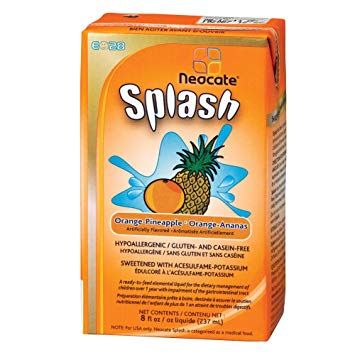
Blend: turn on the machine and blend for 1-2 minutes until you have your desired consistency. If your pear puree is too thick, add the leftover cooking water in 1/4 cup increments.
Eat: serve to baby or freeze for another meal.
Pumpkin, Yogurt + Prune Baby Food Puree
Bring 2 inches of water to a boil in a medium saucepan. Place pumpkin into a steamer basket over boiling water, cover, and cook for 10-15 minutes, or when you can easily prick the pumpkin chunks with a fork. Let cool slightly. Reserve steamer water.
Meanwhile, place the prunes into a small bowl and cover with very hot water for 10 minutes. This will let them plump up and become tender. Drain.
Place the pumpkin, yogurt and prunes into blender or food processor and puree for 1-2 minutes until smooth, adding reserved steamer water in 1/4 cup increments if needed.
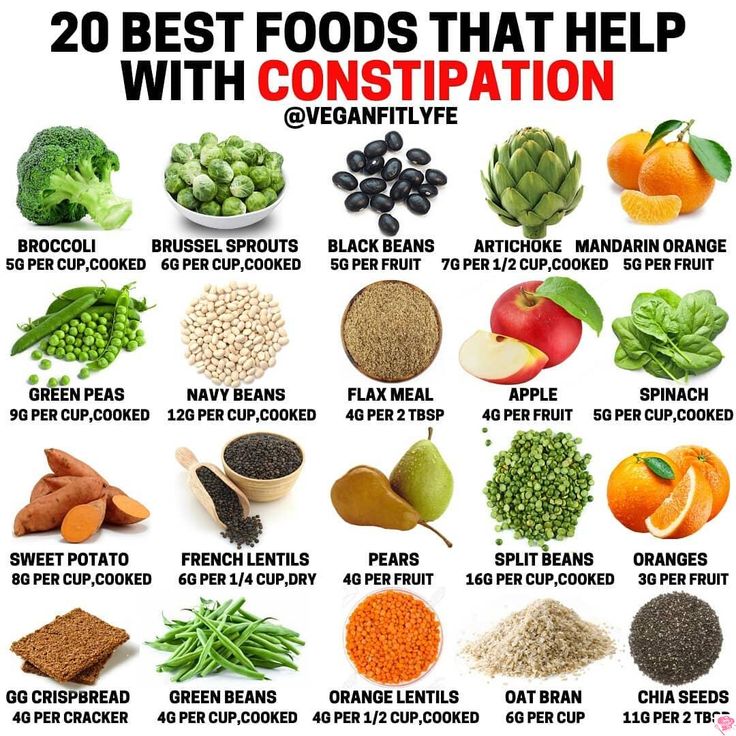
5-Minute Pear + Blueberry Baby Puree
Age: 4 months and up
Yield: roughly 12-25 ounces depending on recipe.
Storage: Fridge – store in an airtight container in the fridge for 3-4 days. Freezer – can be frozen for up to 4 months (this and this are my favorite freezer storage containers).
Favorite Kitchen Tools: Get a list of my favorite kitchen tools to make the best baby food here!
Did you make this recipe?
Tag @babyfoode on Instagram and hashtag it #babyfoode!
Pin Recipe Email a Friend
Please note that I am not a medical professional. If your little one has been constipated for longer than 10 days or has a severe case and nothing seems to be working, then please call your pediatrician right away.
Are There Baby Foods that Help with Constipation?
While parenting brings many surprises, one of them is likely how much you’ll think about poop, or lack thereof, especially during that first year.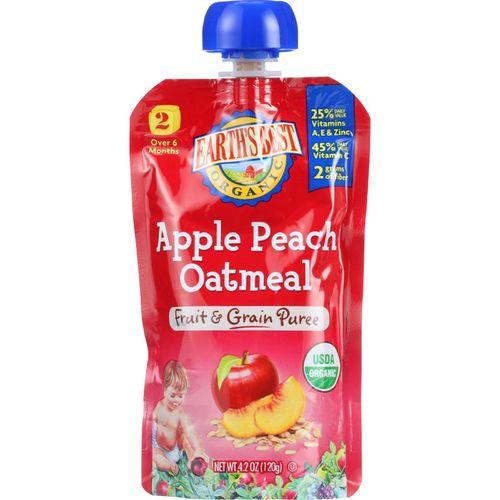 But here you are worrying about your baby’s digestive tract and convinced that they’re constipated.
But here you are worrying about your baby’s digestive tract and convinced that they’re constipated.
If you’ve recently introduced your baby to solid food, then your worries may be on target: solid foods can put a strain on your baby’s developing digestive tract and cause constipation. But there are things you can do to help!
Before you begin treating constipation you should determine if there is really an issue at all. So here’s the scoop on poop and how to tell if your worries are founded and your baby is constipated.
Breastfed babies
During the first few weeks, you’ll find yourself changing diapers with alarming regularity. Figure in every feed or so.
But don’t despair, because by the time your baby reaches 6 weeks old, they may have a bowel movement only once or twice a day. On the other hand, they may have one only every 7–10 days. (Yep, the frequency really can vary that much.)
The poop is yellow, soft, runny and sometimes lumpy and the smell isn’t unpleasant.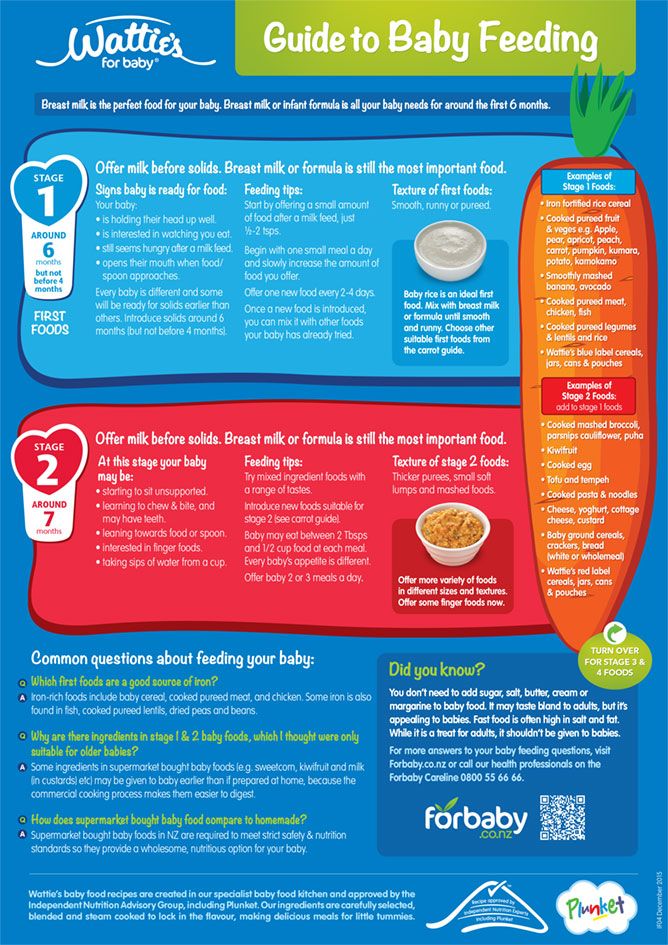
Formula-fed babies
A newborn, formula-fed baby typically poops up to five times a day. At about 6 to 8 weeks, this may decrease to around once a day.
Formula-fed babies have poop that is a camel to brown color with a thicker consistency, more like paste. Most likely, the less-than-aromatic smell means you’ll hermetically seal soiled diapers before you toss them into the garbage.
Signs that your baby is constipated
You’ve noticed that your baby’s tummy isn’t following the schedule that you got used to. Could it be constipation? Here are the signs that could confirm your suspicions:
- You notice that they cry or fuss while they’re trying to have a hard bowel movement.
- The poop, when it does come, is like hard pellets.
- You notice streaks of red blood in the hard poop.
While it’s not easy for a baby on a liquid diet to become constipated, trouble can start when you start introducing your baby to solid foods at around 6 months. Here’s why:
Here’s why:
New food types
Think of it as a learning curve: Your baby’s body is learning how to cope with a new kind of food to digest as they move away from their full liquid diet and you need to soften the learning curve. (Pardon the irresistible pun.)
Changes to fluid intake
Decreased fluids will make your baby’s poop harder and more difficult to push out. If they’ve started solids, they may need to up their fluid intake to offset the solid food. And if your baby is teething or feeling unwell, it can also lead to them taking in less fluid than usual.
Lack of fiber
Even though they’re just starting out, babies’ tummies work like ours. While initially the move to solids that have fiber (from breast milk or formula, which don’t) can cause temporary constipation, their tummies will adjust.
Make sure to monitor your baby’s fiber intake and pair it with plenty of hydration for a smooth ride the same way that you monitor yours.
OK, so you’ve confirmed that your baby is constipated.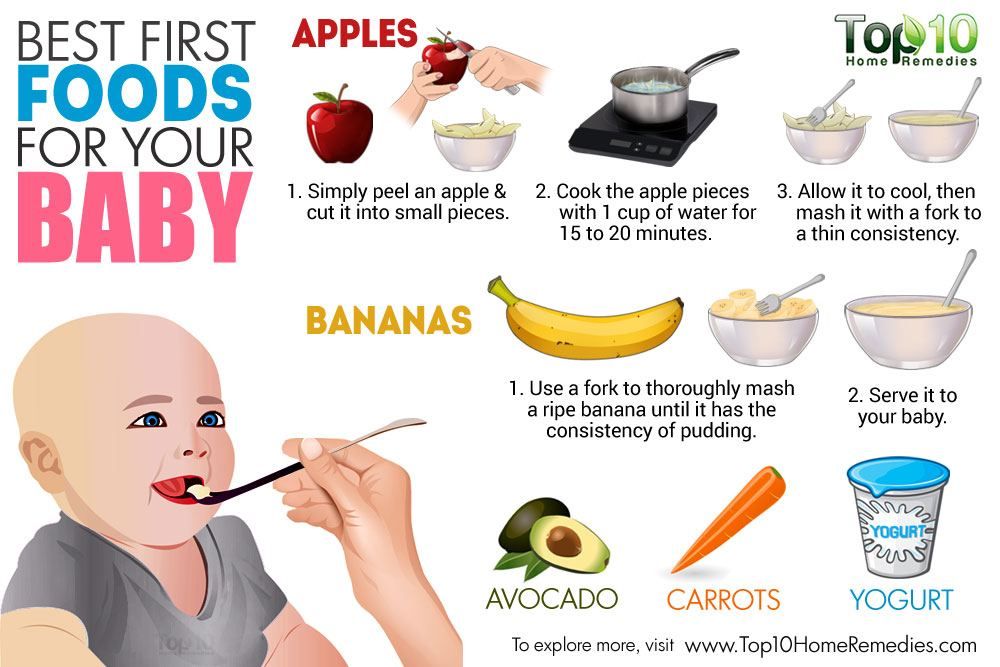 The next step is helping to alleviate the strain on their developing digestive system.
The next step is helping to alleviate the strain on their developing digestive system.
Remember that you can keep offering these foods as your baby develops into a toddler and beyond. In fact, there is little research or evidence to support specific foods (including high fiber ones) in treating or preventing constipation in infants. Most of these recommendations are based on evidence for older adults and children.
Keep in mind that good practice when introducing solids is to introduce foods as single ingredients. That way, if your baby is allergic to certain foods, you’ll be able to more easily trace the source.
If your little one hasn’t tried these foods before, don’t rush the process. Test out one at a time and then introduce combinations once you’re confident they’re well tolerated.
- Back to basics. Give your baby’s digestive tract a break by feeding them mashed avocado or sweet potato purée. These are easy to digest and may give your baby the kick start they need.

- B vegetables. Think broccoli, Brussels sprouts, and beans. Purée these for a meal filled with fiber.
- P fruits. Your grandmother was right — bring on the prunes for quick work. A purée that includes a mix of prunes plus pears, plums, or peaches should work magic. Try subbing the prunes with dates for a change.
- Bring on the fiber. If your baby is over 8 months, you can offer them whole grains like oatmeal, fiber-rich cereals, whole wheat pasta, and brown rice.
- Water intake. Until 6 months an exclusively breastfed or formula-fed baby doesn’t need to drink water. Above this age, you can introduce small amounts of water.
Plums and pears with cinnamon
Cut 2 or 3 pears and plums into small pieces. Place in a saucepan with a small amount of water and simmer until soft. Add in a sprinkle of cinnamon. Blend thoroughly.
Sweet potato with apple and peach
Cut half a sweet potato, one apple, and half a peach into small pieces. Place in steamer basket and cook until tender. Blend until smooth.
Place in steamer basket and cook until tender. Blend until smooth.
Spinach and apple purée
Chop two apples into small chunks and cook in saucepan with about 1/2 cup of water. When they’re tender, add about 1 cup of spinach and cook another 2 to 3 minutes. Purée until smooth. Can be seasoned with cinnamon and ginger.
Some sources suggest prune, pear, and apple juices help to increase the water content in poop and can ease constipation.
However, the American Academy of Pediatrics recommends steering clear of fruit juice for children younger than 1 year old. You can stick with these fruits as purées for similar effects.
What is it about prune juice? The high levels of sorbitol and phenolic substances in prune juice and dried plums act as a laxative and diuretic properties. So if your child is over 1 year old, you can use small amounts of prune juice to encourage their system to run.
Some studies show that constipation may affect as much as 30 percent of children.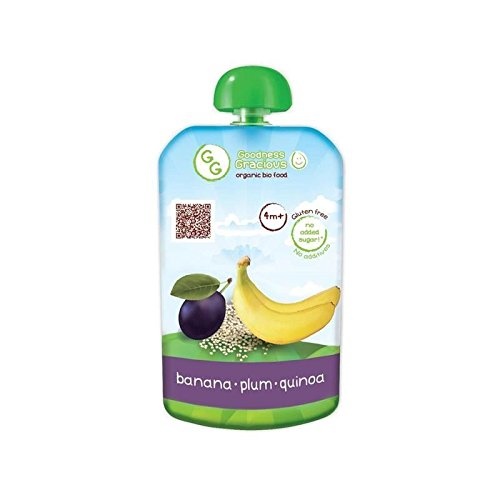 If your child is part of the unlucky statistic, here are some foods that you may want to give them smaller amounts of until it passes:
If your child is part of the unlucky statistic, here are some foods that you may want to give them smaller amounts of until it passes:
- bananas
- dairy products such as cheese and yogurt
- low fiber foods like white rice, white bread, and white pasta
If you’re like most parents, you’ll be up for whatever you can try to help your baby get comfortable fast. Here are a few tricks that you can use to ease your baby’s constipation:
- Warm baths. These can relax those abdominal muscles and get them working.
- Exercise. Lay your baby on their back and push their legs alternately as if they’re cycling a bike. Alternatively, hold their knees and feet together and push their feet towards their belly.
- Massage. Use your fingertip to draw clockwise circles on your baby’s stomach.
If you see that despite your home remedies, your baby still is having hard stools or hasn’t pooped after 2 or 3 days from their last hard stool, then contact your pediatrician.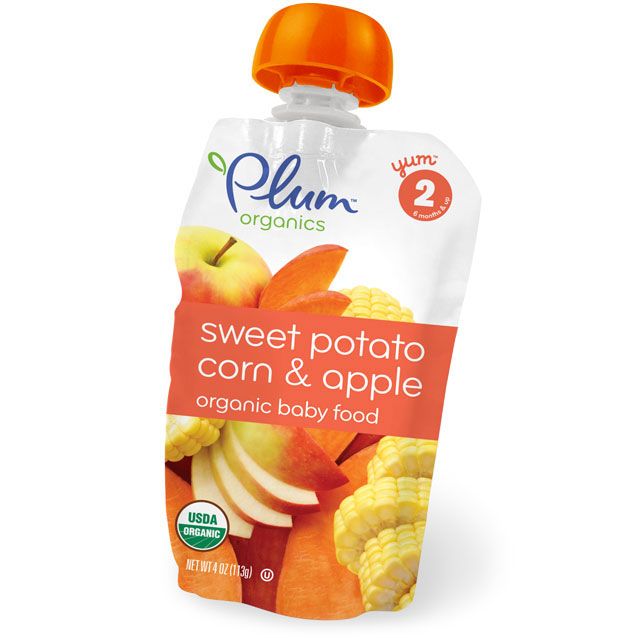 Especially if you consistently notice blood in their poop or your baby is extremely irritable and appears to be in pain.
Especially if you consistently notice blood in their poop or your baby is extremely irritable and appears to be in pain.
While dealing with your baby’s toilet issues may seem a tad unsavory, you’ll soon be so used to it, that you’ll find yourself sharing your insights over coffee with other parents. And don’t be shy about sharing the yummy food combinations you discover to keep things moving.
Infant formula for constipation: which one to choose
09/23/2019 Reading time: 5 min 45292
Contents of article
- Childhood GI disorder
- Symptoms of constipation
- Constipation during breastfeeding
- Causes of constipation
- Peculiarities of children's diet
- Formula selection for formula feeding and constipation
New parents have many sleepless nights and hectic days.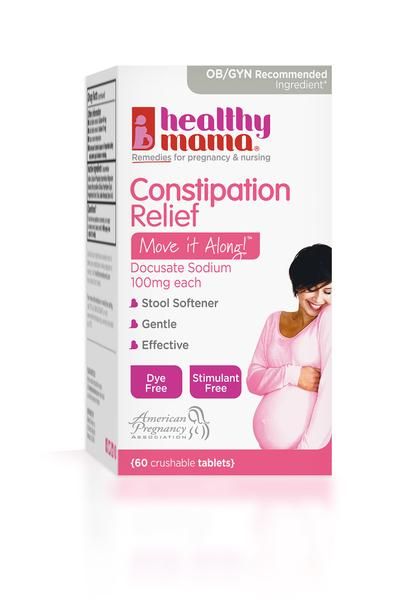 And all because the baby is worried about something. Digestive problems are among the most common causes of yelling and crying. The gastrointestinal tract in newborns is just being formed, so there may be colic, flatulence, regurgitation and defecation disorders. Every fifth child suffers from constipation.
And all because the baby is worried about something. Digestive problems are among the most common causes of yelling and crying. The gastrointestinal tract in newborns is just being formed, so there may be colic, flatulence, regurgitation and defecation disorders. Every fifth child suffers from constipation.
Childhood GI disorder
More often, disruption of the gastrointestinal tract occurs in children who are on artificial or mixed feeding. This is due to the fact that the baby's digestive system in the first year of life is prepared by nature for the assimilation of mother's milk, and infant formulas are created according to the model of breast milk and are only as close as possible to its composition. However, sometimes it also happens that a violation of the gastrointestinal tract occurs in infants. There can be several reasons - from the mother's unsuitable diet to nervous disorders. What to do if a newborn has constipation? First of all, go to the doctor.
What frequency and consistency of stool is normal for a child?
| Breastfeeding | On artificial feeding |
|---|---|
| stool frequency - from 1-2 to 5-7 times a day | stool can be 1-3 times a day |
| yellow color | denser |
| homogeneous, mushy | darker |
| without pathological impurities (mucus, blood streaks) | |
| with a sour smell | |
| white lumps (blotches) are allowed | |
The stool of children in the first year of life changes and may be thinner or harder:
- during the first weeks of life
- when switching to artificial feeding
- when changing milk formula
- during the introduction of complementary foods.
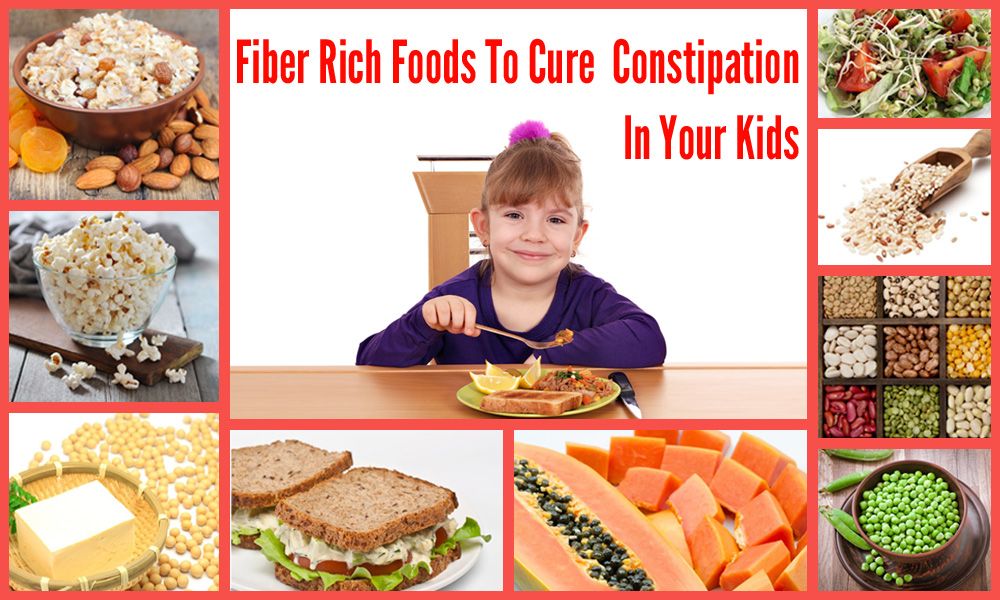
Symptoms of constipation
- Bowel emptying irregularly (less than once every 36 hours).
- The feces are dry and hard, which means that later the child may try to retain feces, since the last time a bowel movement caused him pain (relevant for older children).
- The baby pushes hard, pulls his legs up to his chest, but his efforts do not give any results.
- The baby is naughty, frowns, cries when trying to empty the intestines.
- The child has trouble sleeping and refuses to eat.
- There is bloating.
Other conditions can lead to similar symptoms, so you should always consult a doctor to make a diagnosis.
Constipation during breastfeeding
The quantity (and quality) of mother's milk is affected not only by mother's nutrition, but also by the state of her nervous system and lifestyle*. It is, of course, very difficult not to be nervous, but a parent can manage her lifestyle. A woman cannot breastfeed normally if she is in constant stress and nervous exhaustion. The less time a mother spends on household chores, the better for her, and therefore for the newborn. So all household duties can be safely delegated to the second parent, grandparents, other relatives, friends or hired nannies. It is important to pay attention to nutrition:
A woman cannot breastfeed normally if she is in constant stress and nervous exhaustion. The less time a mother spends on household chores, the better for her, and therefore for the newborn. So all household duties can be safely delegated to the second parent, grandparents, other relatives, friends or hired nannies. It is important to pay attention to nutrition:
- Be sure to include in the daily menu at least half a kilogram of various (preferably fresh) fruits, vegetables and berries, as well as other foods and dishes containing fiber.
- No matter how trite it may sound, but drink enough liquid during the day (1.5-2 liters).
You can understand what diet is suitable for mom by the reactions of the child. If in doubt, but really want to eat something special, eat a little and see how the baby's digestion reacts. If the baby does not have reddening of the skin and rash, there are no problems with the stool, there are no colic and constipation, then the chosen dish is quite suitable *.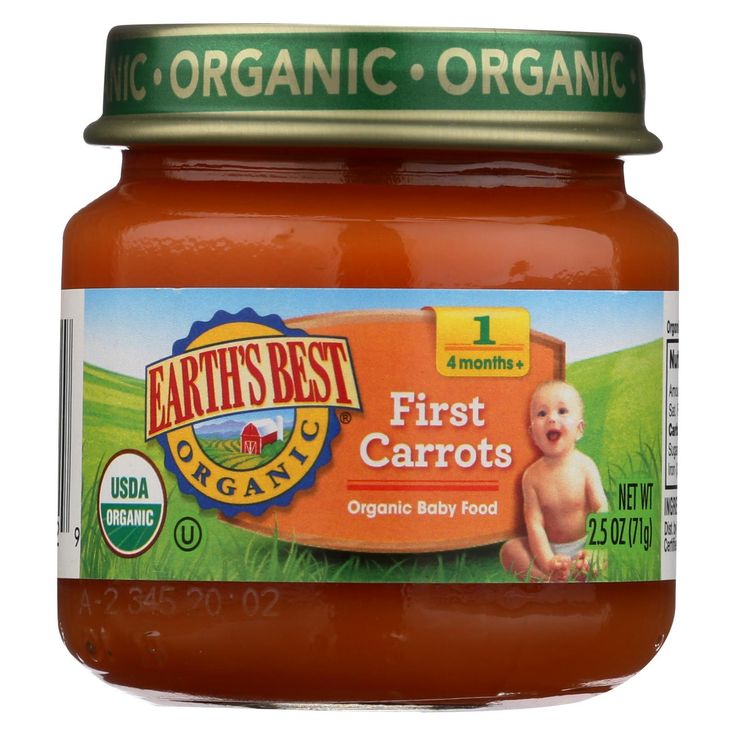 But strict restrictive diets of a nursing woman without special need (individual allergic reactions to food and other food intolerances) are not allowed. For the prevention of nutritional deficiencies, both in her and in the child.
But strict restrictive diets of a nursing woman without special need (individual allergic reactions to food and other food intolerances) are not allowed. For the prevention of nutritional deficiencies, both in her and in the child.
Causes of constipation
- Immaturity of the digestive organs. Due to the fact that the gastrointestinal tract of the newborn is only adapting to new conditions, there may be various functional failures in its work.
- Immaturity of the nervous system. Insufficient maturity of the baby's nervous system prevents him from correctly recognizing signals about the need to defecate.
- Somatic diseases. Rare pathologies include dolichosigma (an increase in the length of the sigmoid colon), lactase deficiency (absence or insufficient amount of enzymes to break down lactose), Hirschsprung's disease (accompanied by impaired innervation in the intestine). Colds and viral diseases can cause constipation, leading to dehydration of the child's body.
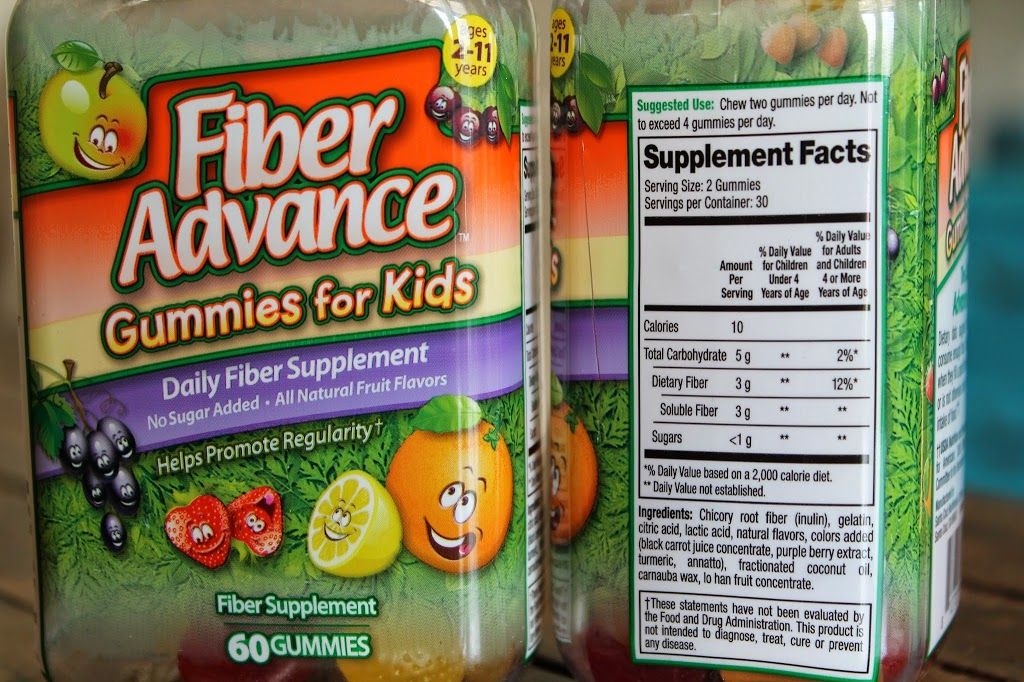 Also, constipation can be one of the manifestations of hypothyroidism, rickets, liver disease, myasthenia gravis, and some other disorders.
Also, constipation can be one of the manifestations of hypothyroidism, rickets, liver disease, myasthenia gravis, and some other disorders. - Features of nutrition. If a child is breastfed, then the mother's malnutrition can affect the work of his gastrointestinal tract. Doctors recommend that lactating women exclude confectionery, fatty broths, cheeses, nuts from the diet. In artificers, constipation can be caused by a lack of fluid. Also, a sharp change in the brand of the mixture can lead to violations in this area.
- Taking certain medications. Constipation may be a reaction to the treatment of mother or baby with antibiotics, anticonvulsants and antispasmodics.
- Psychological problems. Children often suffer from constipation, whose parents are constantly in nervous tension, often get irritated, violently solve some family problems.
Peculiarities of children's diet
All pediatricians in the world agree that there is no better food for a baby than mother's milk.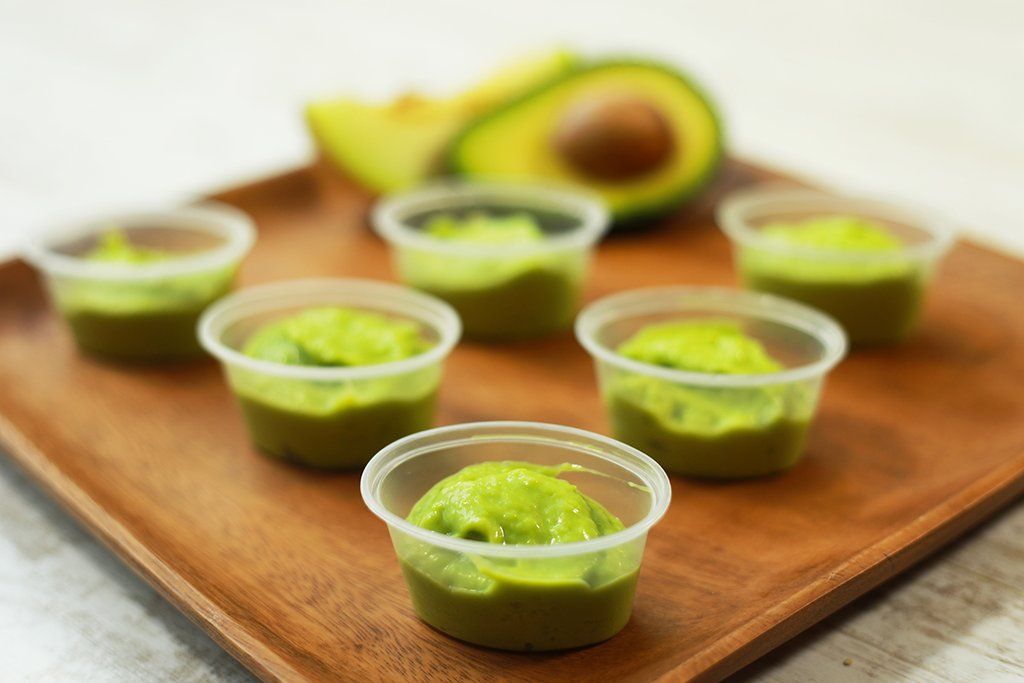 Dr. Komarovsky gives such advantages of breastfeeding as:
Dr. Komarovsky gives such advantages of breastfeeding as:
- optimum food temperature;
- perfect purity of food;
- minimal risk of allergic reactions, gastrointestinal disorders;
- the presence in milk of additional useful substances necessary for the full development of the child's body**.
And the composition of mother's milk changes over time, and not for the worse. The older the child, the higher the percentage of fat content and the amount of vitamins. This food is perfect for your baby**.
Long-term breastfeeding will not only benefit the baby, but also the mother: a 2002 collaborative group study on hormonal factors in the development of breast cancer showed that breastfeeding reduces the risk of developing cancer of the female reproductive system and breast ***. However, not all women are able to breastfeed their babies. If the mother cannot feed the baby with her own milk, you just need to choose the right mixture for the newborn together with the pediatrician.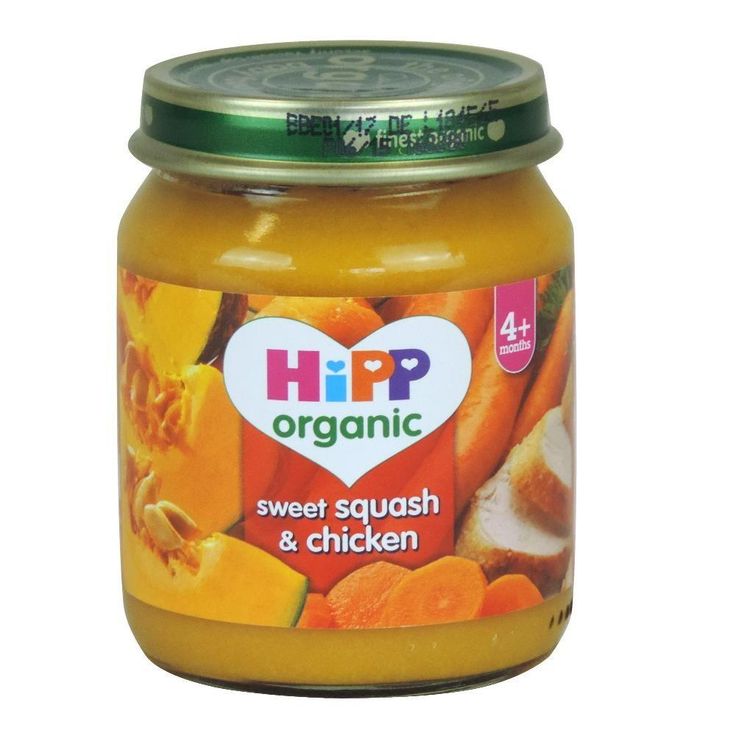 Fortunately, the modern market offers a lot of options for artificial feeding.
Fortunately, the modern market offers a lot of options for artificial feeding.
Formula selection for formula feeding and constipation
Constipation in a newborn with artificial feeding is a fairly common problem, which can be solved with the help of a properly selected mixture (after consultation with a specialist).
Fermented milk mixtures. Such mixtures are prescribed for therapeutic and prophylactic purposes. The laxative effect is given by the special composition of the mixture, which is obtained by fermenting it with lactic acid bacteria. Substances that are released during lactic acid fermentation cause increased intestinal motility and thus prevent constipation. An example of such a mixture is Nutrilak Premium Sour Milk. The product additionally contains a probiotic complex of live bifidobacteria and lactobacilli, which normalize the intestinal microflora and improve digestion.
Anti-reflux mixtures.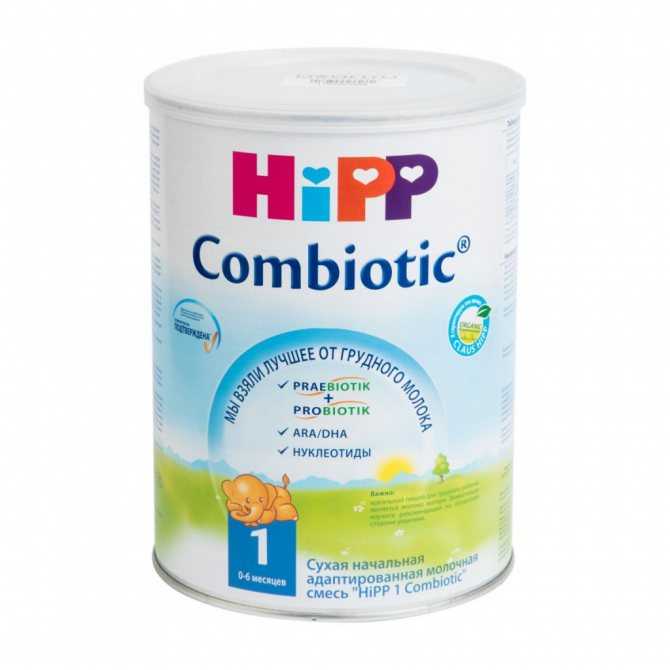 These mixtures usually contain a natural ingredient - locust bean gum (natural thickener). Dietary fibers of natural locust bean gum, passing through the intestines, stimulate peristalsis and make the baby's stool soft and with physiological frequency. This ingredient can help eliminate not only constipation, but also regurgitation. Such mixtures may contain other components that aid in the digestion of food, such as polyunsaturated fatty acids and whey protein. An example of a blend is Nutrilak Antireflux.
These mixtures usually contain a natural ingredient - locust bean gum (natural thickener). Dietary fibers of natural locust bean gum, passing through the intestines, stimulate peristalsis and make the baby's stool soft and with physiological frequency. This ingredient can help eliminate not only constipation, but also regurgitation. Such mixtures may contain other components that aid in the digestion of food, such as polyunsaturated fatty acids and whey protein. An example of a blend is Nutrilak Antireflux.
Remember that in the first year of life, a child is shown only special adapted milk formulas, which are almost identical in composition to human milk. They contain vitamins and minerals, which are selected taking into account the age and needs of the baby ****. You can choose the right mixture together with the pediatrician or on your own, carefully introducing the new composition into the baby's diet and carefully observing the reactions of the gastrointestinal tract.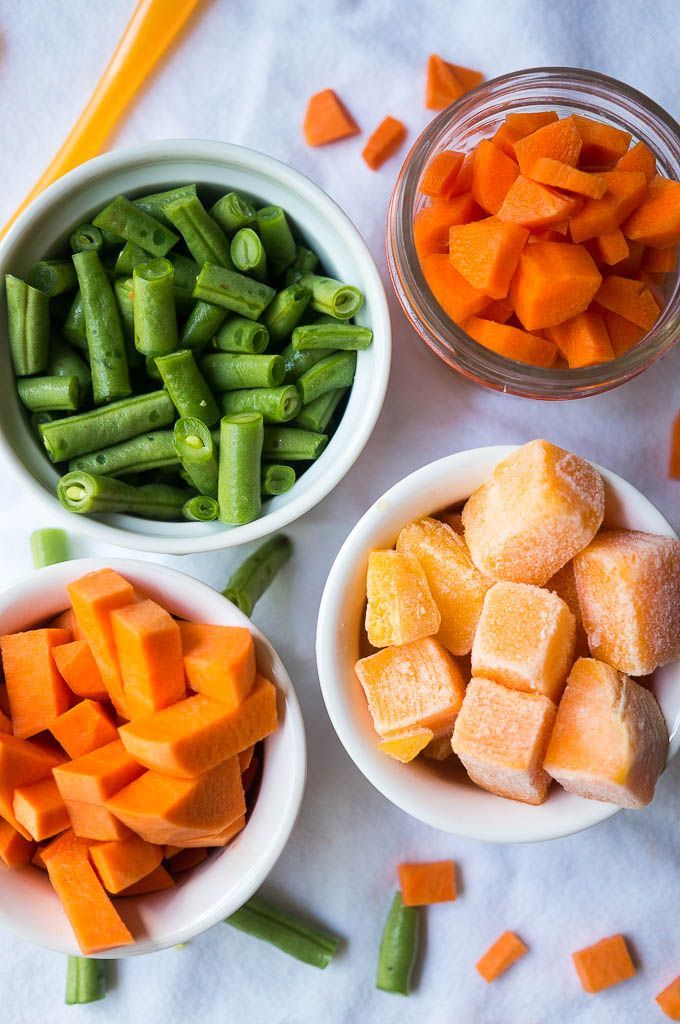 Most modern mixtures are created taking into account the characteristics of the child's body, enriched with probiotics and other beneficial substances, and therefore are easily absorbed. The main thing is to choose the right mixture, choose a natural and safe composition without the addition of preservatives, dyes and artificial substances.
Most modern mixtures are created taking into account the characteristics of the child's body, enriched with probiotics and other beneficial substances, and therefore are easily absorbed. The main thing is to choose the right mixture, choose a natural and safe composition without the addition of preservatives, dyes and artificial substances.
*E. O. Komarovsky - The beginning of your child's life
**E. O. Komarovsky - 365 tips for the first year of your child's life
***Collaborative Group on Hormonal Factors in Breast Cancer. Lancet. 2002
**** Elena Dobrova - Baby food. Recipes, tips, advice
(2 ratings; article rating 3.5)
Proper Diet for Constipation
Understanding Constipation
Constipation, or constipation, is a very common defecation disorder that makes bowel movements difficult.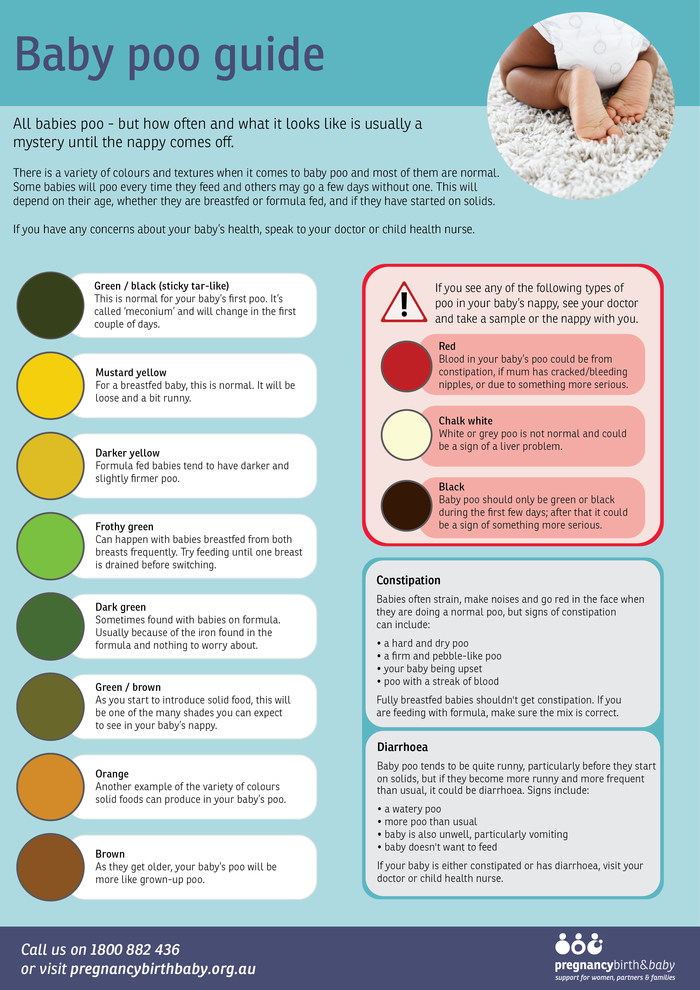 Individual episodes are often associated with nutritional errors or functional disorders, while chronic constipation often indicates diseases of the gastrointestinal tract or other organs and systems.
Individual episodes are often associated with nutritional errors or functional disorders, while chronic constipation often indicates diseases of the gastrointestinal tract or other organs and systems.
The key symptoms of constipation are:
- Defecation less than 3 times a week.
- Defecation with dry, hard stools, which often appear in lumps.
- The need for additional straining for defecation.
- Sensation of "blockage" of the rectum.
- Feeling of incomplete emptying of the bowels.
- The need for assistance with defecation (hand pressure on the abdomen and manual manipulation to remove stool from the rectum).
Diet for constipation
One of the key roles in the fight against constipation is nutrition correction. Often, changes in eating habits and lifestyle are enough to eliminate constipation that is not associated with other diseases, as well as to prevent their occurrence in the future.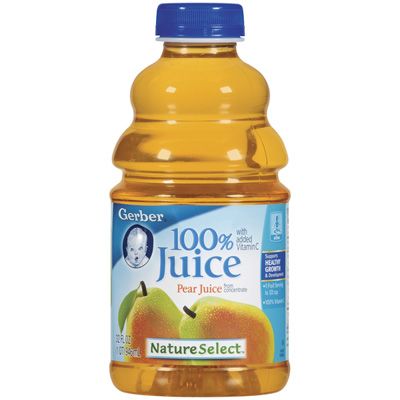
Constipation Healthy Foods List
Prunes help with constipation. Photo: alexeyzhilkin - ru.freepik.comThe basis of the diet of people with a tendency to constipation should be dominated by foods that contain dietary fiber - fiber.
The most useful foods for constipation are:
- Prunes. The insoluble fiber in prunes increases the amount of water in the stool, preventing constipation. It also contains sugar alcohol (sorbitol), which has a laxative effect.
- Apples. They contain a large amount of pectin, which can improve intestinal motility, promote the growth of beneficial bacteria and eliminate the symptoms of constipation.
- Pears. In addition to being high in fiber, pears also contain fructose and the previously mentioned sorbitol. Due to these substances that are not absorbed in the large intestine, removing water into its lumen, pears can cause a laxative effect.
- Citrus. Oranges, grapefruits and tangerines are rich in pectin and naringenin, which increase the secretion of fluid into the colon, causing a laxative effect.
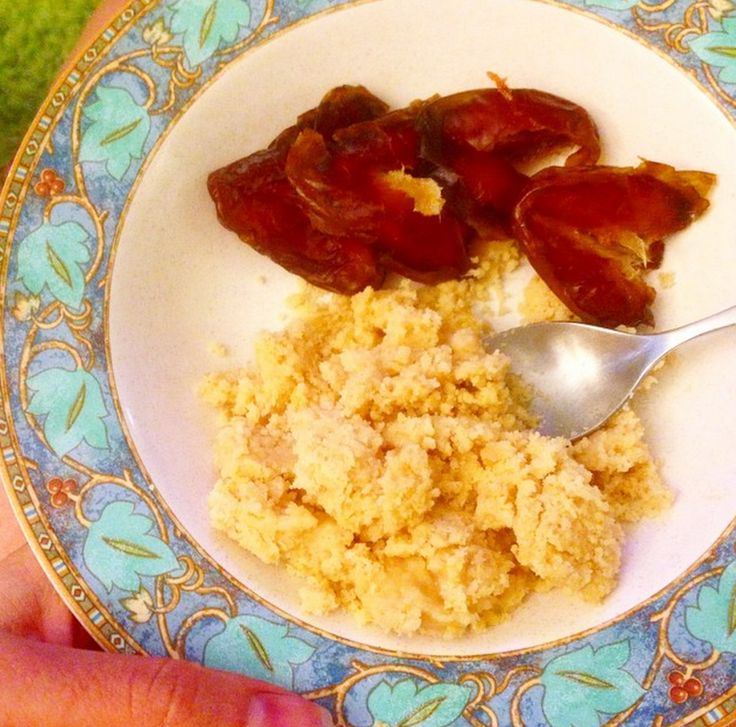 It is recommended to use them raw.
It is recommended to use them raw. - Spinach and other greens. Greens such as spinach, brussels sprouts and broccoli are rich not only in fiber, but also in vitamins C and K, as well as folic acid, which have a positive effect on bowel function.
- Legumes: beans, peas and lentils. Legumes contain a mixture of insoluble and soluble fiber. This means they can relieve constipation by bulking up stools, as well as softening them to make bowel movements easier6.
- Kefir. Contains bacteria and yeast that improve the functioning of the digestive system. It also thins the stool, improving bowel movements.
List of undesirable foods for constipation
Dairy products, red meats and alcohol are not desirable for constipation. Photo: MedPortal Correction of nutrition for constipation includes not only the addition of more fluid and dietary fiber, but also the restriction or complete rejection of other foods that can provoke this defecation disorder [8].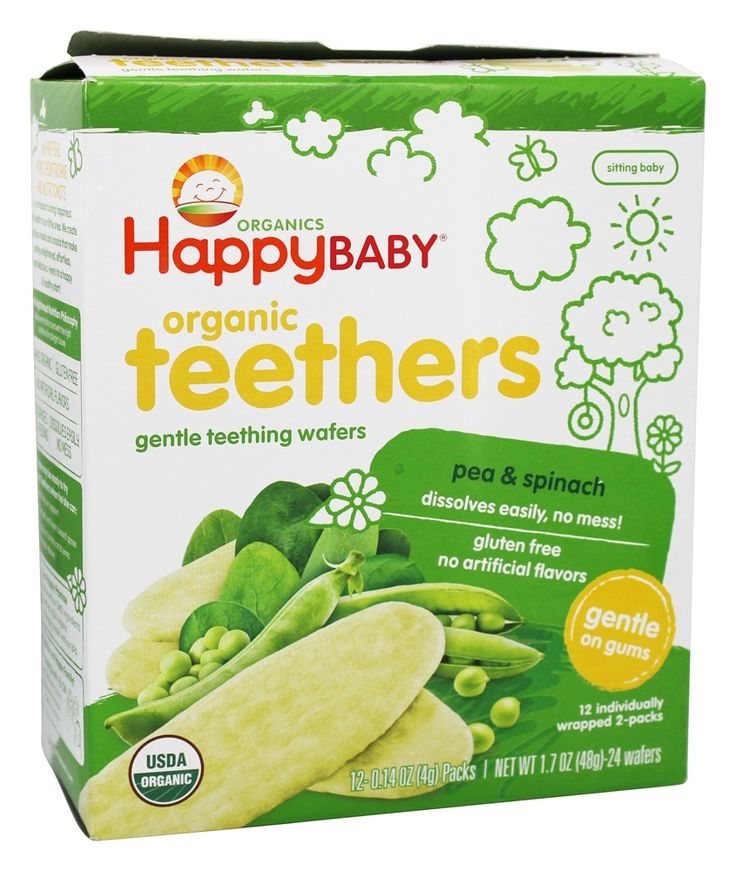 These products include:
These products include:
- Alcohol. Alcoholic beverages, especially in large quantities, lead to the loss of large amounts of fluid in the urine, which contributes to constipation [9].
- Milk and dairy products. It is believed that milk, due to the increased sensitivity of the human body to its proteins, can provoke constipation. Children under 12 years of age are most susceptible to this effect [10].
- High-fat red meats increase the risk of constipation [11].
- Fried food and fast food. Like red meat, these foods are high in fat and low in dietary fiber. In addition, a large amount of salt is used in its preparation, which worsens the course of constipation.
- White rice, unlike brown, lacks bran and other major sources of fiber, which can also cause constipation.
- Products containing gluten. Gluten is a protein found in grains such as wheat, barley, and rye. It has been found to be associated with constipation, and also impairs bowel function and damages it in celiac disease and irritable bowel syndrome [12].
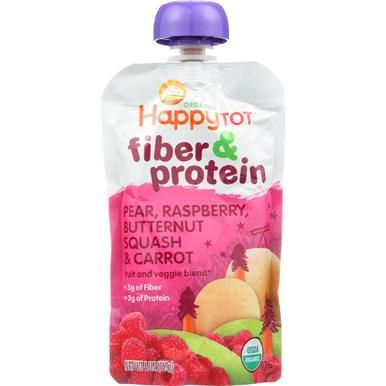
Nutrition for children with constipation
Broccoli puree helps to normalize stool in young children. Photo: [email protected] / DepositphotosThe fight against constipation in children of preschool and primary school age is similar to that in adults: in such situations, the same advice on nutrition and lifestyle changes is relevant.
“You should try to adjust the stool with a diet: give the child more water (a liter per day or more). Introduce more vegetable fiber (salads, vegetable stews), juices (plums, prunes), fermented milk products (yogurts), laxative foods (beets, pickles), etc. You should also try to involve the child himself in the treatment, make it an entertaining game, motivate for the result. For example, buy a calendar with large cells and draw a smiley in the cell every day when he himself went to the toilet. Five days of independent chair in a row - deserved a guaranteed toy, two weeks in a row - a super prize.
Positive reinforcement works wonders, trust me.
Well, physical activity, of course. Preschoolers do not need to be additionally stimulated, except perhaps to limit the time for gadgets and TV, but schoolchildren already need to be actively urged to enroll in a collective sports section, for example.”
An excerpt from the book of pediatrician Sergei Butriy “Health of the child. How to learn to cope with diseases and your own panic "
Infants can also suffer from constipation. It is worth noting that normally in infants, the frequency of bowel movements can vary from 1-2 times a day to 1 time in 7-10 days.
If a child has other symptoms of constipation in addition to infrequent stools, such as increased restlessness during bowel movements and feces in the form of hard lumps, the following changes in his diet are recommended [13]:
- to which you can add a mixture of prunes, pears or peaches.
- Recommended vegetables are broccoli, Brussels sprouts and legumes.
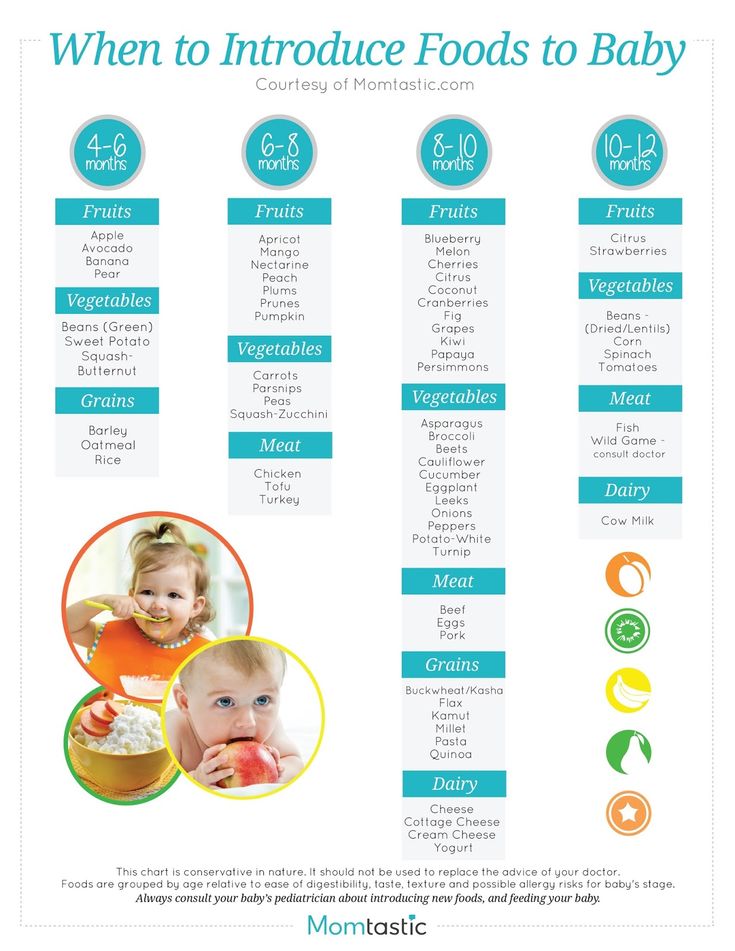
- Whole grains such as oatmeal, high fiber cereals, whole wheat pasta, and brown rice are allowed for children over 8 months of age.
- Controlling the amount of liquid you drink. Until 6 months of age, an exclusively breastfed or formula-fed baby does not need to drink water. Babies over this age can be given a small amount of water.
The following can also help a small child with constipation [14]:
- Warm baths. They relax the abdominal muscles and improve peristalsis.
- Exercises. Having put the child on his back, you can alternately bend his legs, as if he were riding a bicycle.
- Massage. You can improve intestinal motility by drawing circles on the child's stomach in a clockwise direction.
- If constipation persists after a few days of dietary changes, glycerin suppositories for children (suppositories) may be used. However, they are intended for occasional use only. Mineral oils, stimulant laxatives, or enemas should not be used to treat constipation in infants.
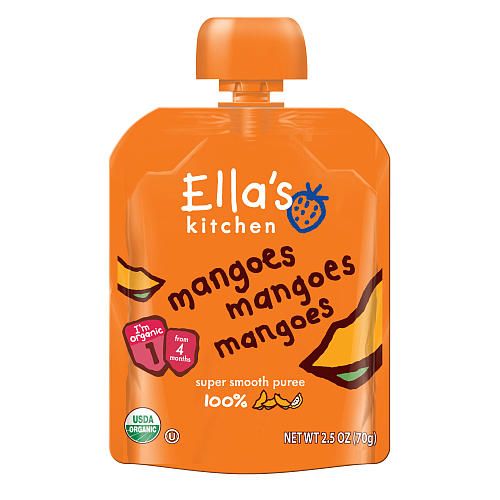 But for older children with constipation, enemas and the use of laxatives under the supervision of a pediatrician are indicated.
But for older children with constipation, enemas and the use of laxatives under the supervision of a pediatrician are indicated.
Consequences of non-compliance with the diet
Without nutritional correction, individual cases of constipation develop into chronic constipation. At the same time, the symptoms of this disorder worsen, and the risk of developing complications increases, the most common of which are [15]:
- Hemorrhoids (Fig. 1).
- Anal fissures.
- Rectal bleeding.
Inflammation of the mucous membrane of the rectum and sigmoid colon - proctosigmoiditis.
Figure 1. Stages of development of hemorrhoids. Source: CC0 Public DomainConclusion
Proper nutrition and fluid control are the keys to resolving constipation in most cases. But it is important to understand that this phenomenon can be not only an isolated problem, but also a symptom of other pathologies. Therefore, if defecation disorders persist after changing the diet, you should seek the advice of a specialist.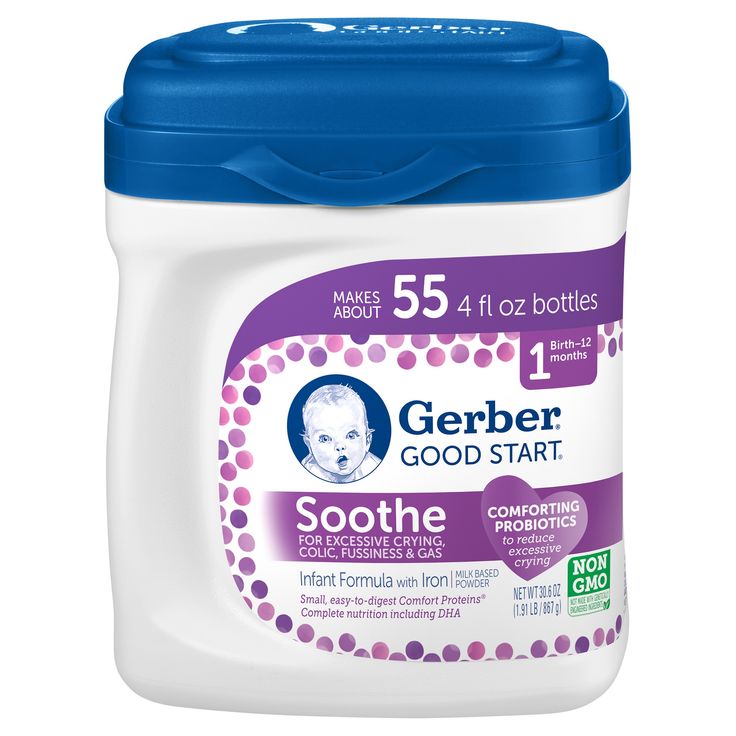
Sources
- Constipation. National Digestive Diseases Information Clearinghouse. 2019.
- Elise Mandl. The 17 Best Foods to Relieve Constipation. health line. 2018.
- Lever E, Cole J, Scott SM, Emery PW, Whelan K. Systematic review: the effect of prunes on gastrointestinal function. Aliment Pharmacol Ther. 2014 Oct;40(7):750-8
- Bae SH. Diets for constipation. Pediatr Gastroenterol Hepatol Nutr. 2014;17(4):203-208.
- Reiland H, Slavin J. Systematic Review of Pears and Health. Nutr Today. 2015;50(6):301-305.
- Yang, Jing et al. “Effect of dietary fiber on constipation: a meta analysis.” World journal of gastroenterology vol. 18.48 (2012): 7378-83.
- Turan İ, Dedeli Ö, Bor S, İlter T. Effects of a kefir supplement on symptoms, colonic transit, and bowel satisfaction score in patients with chronic constipation: a pilot study.
